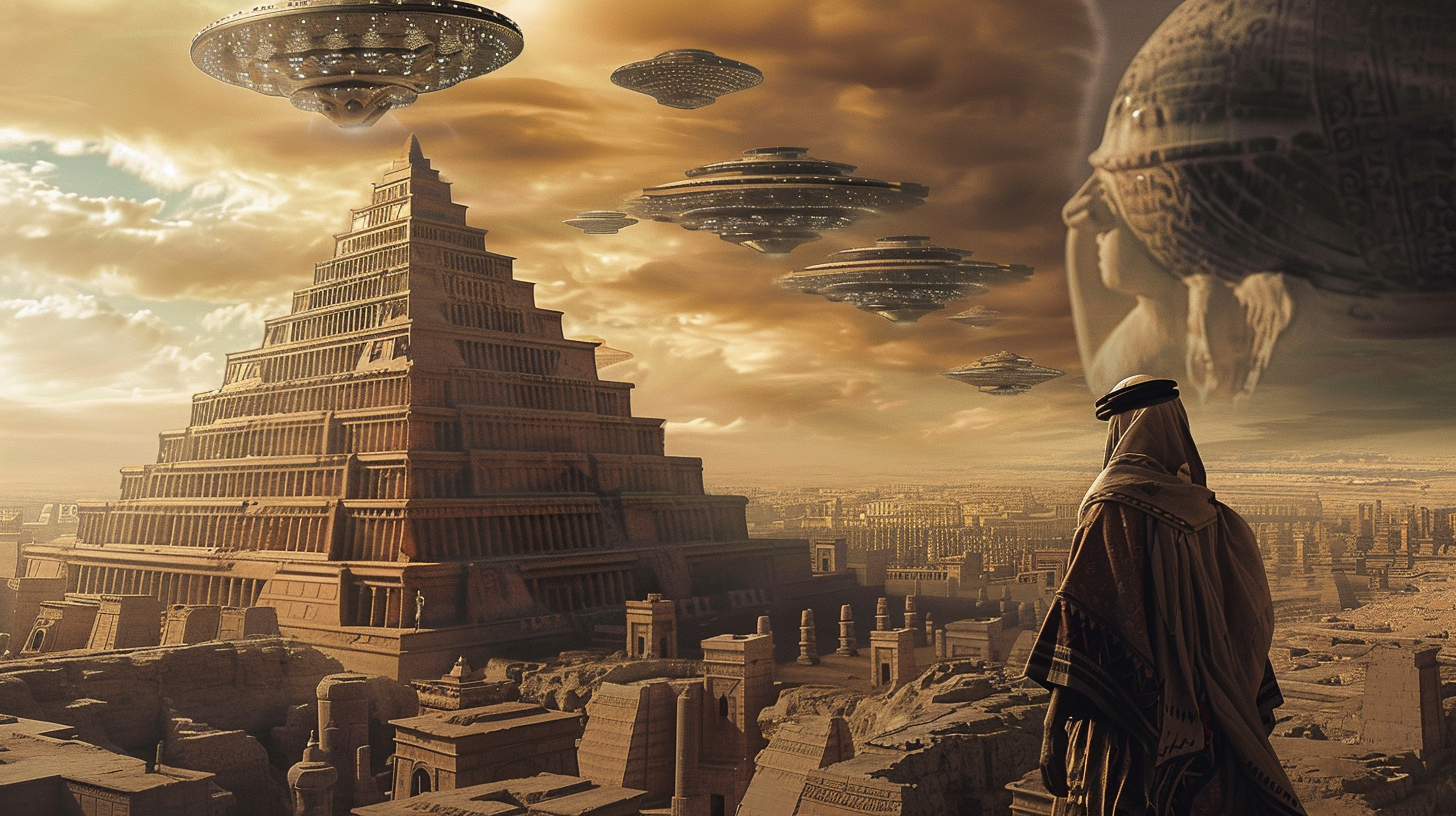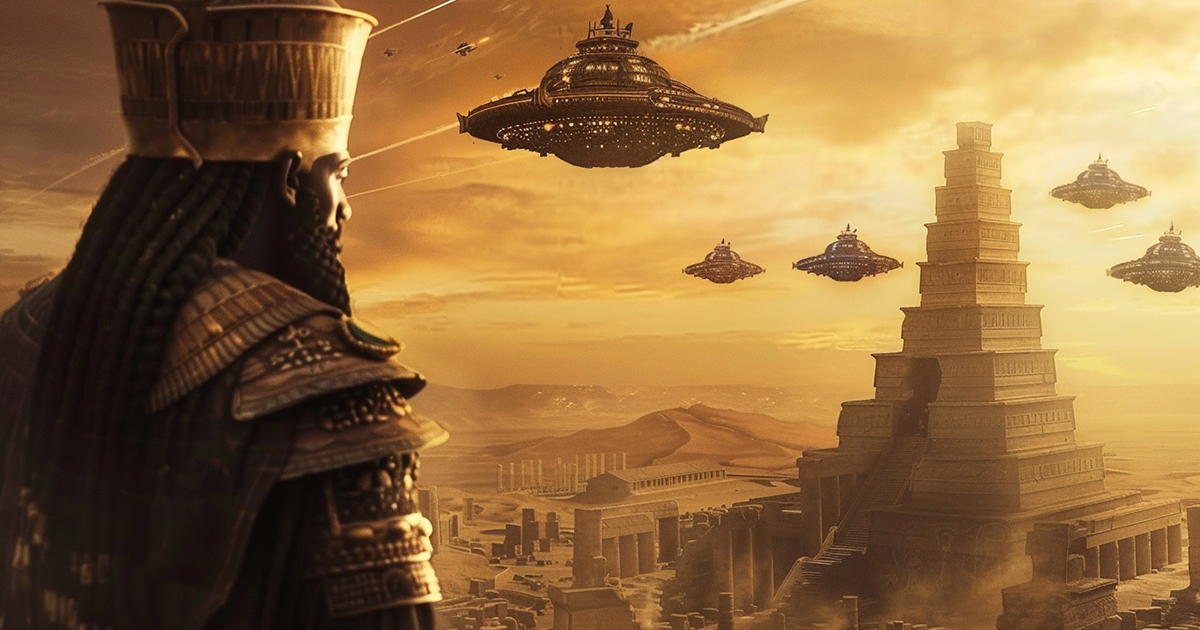The ancient Sumerian civilization left behind a rich tapestry of texts that offer insights into the beliefs, practices, and innovations of one of humanity’s earliest civilizations. Among the most intriguing aspects of Sumerian literature are references to the Anunnaki, a group of deities believed to have played a pivotal role in shaping human civilization. This article examines the Anunnaki’s contributions to various aspects of Sumerian society, including agriculture, architecture, and governance, shedding light on their enduring impact on the development of human civilization.
Sumerian texts abound with references to the Anunnaki, portraying them as powerful beings with extraordinary knowledge and abilities. According to these texts, the Anunnaki were not only revered as gods but also credited with significant contributions to the advancement of Sumerian society. One of their most notable contributions was in the field of agriculture, where they were believed to have imparted knowledge of cultivation techniques, irrigation methods, and the domestication of animals. This knowledge revolutionized Sumerian agriculture, enabling the civilization to flourish and sustain its growing population.

Additionally, the Anunnaki were credited with influencing Sumerian architecture, inspiring the construction of magnificent temples, ziggurats, and other monumental structures. These architectural achievements served not only as religious centers but also as symbols of Sumerian power and prestige. The Anunnaki’s influence on architecture extended beyond mere construction techniques; they were believed to have provided guidance and inspiration to Sumerian architects and builders, shaping the physical landscape of ancient Mesopotamia.
Furthermore, Sumerian texts depict the Anunnaki as playing a role in governance and societal organization. They were often portrayed as divine rulers who established laws, codes of conduct, and systems of governance for human society. Their guidance and wisdom were sought in matters of justice, administration, and diplomacy, underscoring their importance as arbiters of order and stability.
The significance of the Anunnaki’s involvement in shaping human civilization extends beyond their individual contributions to specific fields. Their presence in Sumerian texts serves as a reminder of the enduring human fascination with divine beings and supernatural forces. Moreover, the Anunnaki’s role in Sumerian society highlights the complex interplay between religion, politics, and culture in the development of ancient civilizations.
As we continue to study and interpret Sumerian texts, may we gain a deeper understanding of the Anunnaki’s legacy and their contributions to the tapestry of human history. Their influence on agriculture, architecture, and governance serves as a testament to the enduring impact of ancient Mesopotamian civilization on the world we inhabit today.

24 thoughts on “Deciphering the Influence of the Anunnaki: Their Contributions to Human Civilization”
Comments are closed.